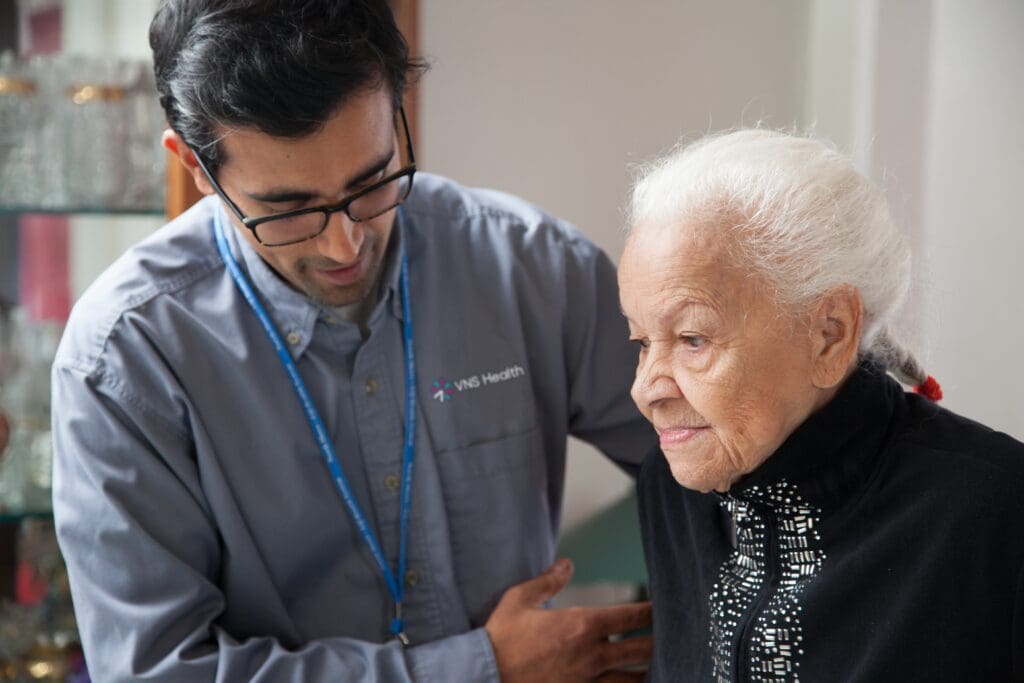Professional Memory Care Charlotte: Enhancing Quality of Life for Those with Memory Loss
Professional Memory Care Charlotte: Enhancing Quality of Life for Those with Memory Loss
Blog Article
Just How to Give Personalized and meaningful Dementia Care
The provision of purposeful and personalized mental deterioration treatment needs a nuanced understanding of each person's one-of-a-kind history and preferences. Care methods need to be customized to engage the person in methods that reverberate with their previous experiences, thus cultivating psychological links and boosting total well-being. Establishing trust via caring and consistent interactions is essential for developing a secure and helpful atmosphere. As we check out the complexities of efficient communication and the crucial role of household involvement, it becomes clear that the trip towards customized care holds both tests and profound rewards.
Understanding Dementia Uniqueness

Treatment service providers need to evaluate cognitive capabilities, moods, and behavioral patterns to create customized treatment strategies. This might consist of adapting interaction styles, using familiar routines, and using purposeful activities that resonate with the person's previous experiences. As an example, involving a person with a passion for music through musical tasks might stimulate favorable memories and boost psychological health.
Additionally, recognizing originality cultivates a compassionate method that values the dignity and autonomy of those living with mental deterioration. It urges caretakers to pay attention actively, observe behavioral cues, and continue to be adaptable in their caregiving approaches (memory care facilities charlotte). By prioritizing individuality, caretakers can not only boost the quality of life for those with dementia yet additionally develop a more profound understanding of their one-of-a-kind point of views, eventually causing much more effective and understanding treatment
Building Depend On and Connection
Establishing count on and connection is fundamental in mental deterioration treatment, as it produces a safe and helpful environment for people impacted by the problem. Building these links requires regular, caring communications that focus on the needs and sensations of the person. Caretakers have to come close to interactions with compassion, acknowledging the one-of-a-kind obstacles dealt with by those with mental deterioration, including amnesia, confusion, and emotional distress.
Caregivers must make use of clear, basic language and non-verbal cues to convey understanding and assistance. Active paying attention shows regard and recognition, allowing individuals to reveal themselves without worry of judgment.
Familiarity with daily activities and caretakers advertises a feeling of security, making it possible for individuals to feel more at ease. By doing so, caregivers reinforce the person's identification, promoting dignity and respect, eventually leading to stronger, more purposeful connections in the context of dementia care.
Tailoring Tasks and Involvement
Involving individuals with dementia via customized tasks can considerably enhance their lifestyle and foster a much deeper connection between caretakers and those in their treatment. Personalization is important, as it acknowledges the one-of-a-kind backgrounds, interests, and abilities of each person. Activities ought to be designed to boost cognitive features, promote physical activity, and urge social interaction, all while remaining pleasurable and fulfilling.
To customize activities properly, it is important to assess the individual's choices and cognitive capabilities. For example, some might find happiness in gardening, while others could appreciate songs or art. Easy, acquainted tasks can stimulate positive memories and give a sense of success. Additionally, integrating elements of regimen can provide convenience and stability, permitting individuals to engage with tasks much more with confidence.
Caretakers can enhance interaction by participating along with the individuals, cultivating a supportive and interactive setting. It is likewise crucial to continue to be flexible and flexible, adjusting tasks as required based on the person's power degrees and mood. Eventually, significant involvement via tailored activities not only uplifts individuals with dementia however additionally enriches the caregiver relationship, advertising common satisfaction and understanding.
Efficient Interaction Methods
Reliable interaction is vital in dementia care, as it fosters a feeling of link and understanding between people and caretakers experiencing cognitive decline. Employing effective communication methods can dramatically boost the quality of communications and lower frustration for both events.
To start with, utilizing easy, clear language is essential. Acquainted words and brief sentences aid people understand and respond much better. In addition, preserving a calmness and positive tone can produce an encouraging environment, which is critical for people who might feel distressed or baffled.
Non-verbal communication plays a significant duty too. Caretakers ought to take notice of body language, faces, and gestures, as these cues can usually share even more than words - dementia care charlotte. Developing eye get in touch with and using mild touch can likewise share and strengthen connections compassion
Energetic listening is one more essential part. Caregivers ought to listen, enabling individuals to express themselves totally, even if their speech is fragmented or vague. This reveals respect and encourages a lot more open communication.
Last but not least, validating feelings and experiences is critical. Recognizing feelings, no memory care facilities charlotte matter their basis actually, can give comfort and enhance the caregiver-individual partnership, promoting a much more encouraging atmosphere.
Sustaining Family Participation
Family members participation plays a significant function in the general treatment and support of people with dementia. Engaging family members produces a collective setting that boosts the high quality of treatment, fosters emotional connections, and makes sure that the special demands of the person are satisfied. Member of the family frequently have important insights right into the person's background, choices, and behaviors, which can be vital in developing customized treatment approaches.

Furthermore, member of the family can be motivated to join everyday treatment tasks, such as taking part in significant discussions or assisting with acquainted routines. This not only helps receive the individual's feeling of identification but likewise reinforces domestic bonds. Ultimately, by cultivating a comprehensive strategy that values family members contributions, treatment service providers can improve the general experience for both people with dementia and their enjoyed ones.
Verdict
In verdict, delivering individualized and significant dementia care necessitates a detailed understanding of each individual's distinct background and preferences. Collectively, these methods add to improved quality of life for individuals with dementia.
The arrangement of customized and meaningful dementia care requires a nuanced understanding of each individual's special background and preferences. By doing so, caretakers strengthen the person's identity, advertising dignity and regard, inevitably leading to more powerful, a lot more purposeful connections in the context of mental deterioration treatment.
Engaging individuals with mental deterioration via customized tasks can dramatically enhance their quality of life and promote a deeper connection in between caretakers and those in their care.Family members participation plays a considerable role in the overall care and support of individuals with dementia. Ultimately, by fostering an inclusive technique that values household contributions, treatment carriers can improve the general experience for both individuals with mental deterioration and their enjoyed ones.
Report this page